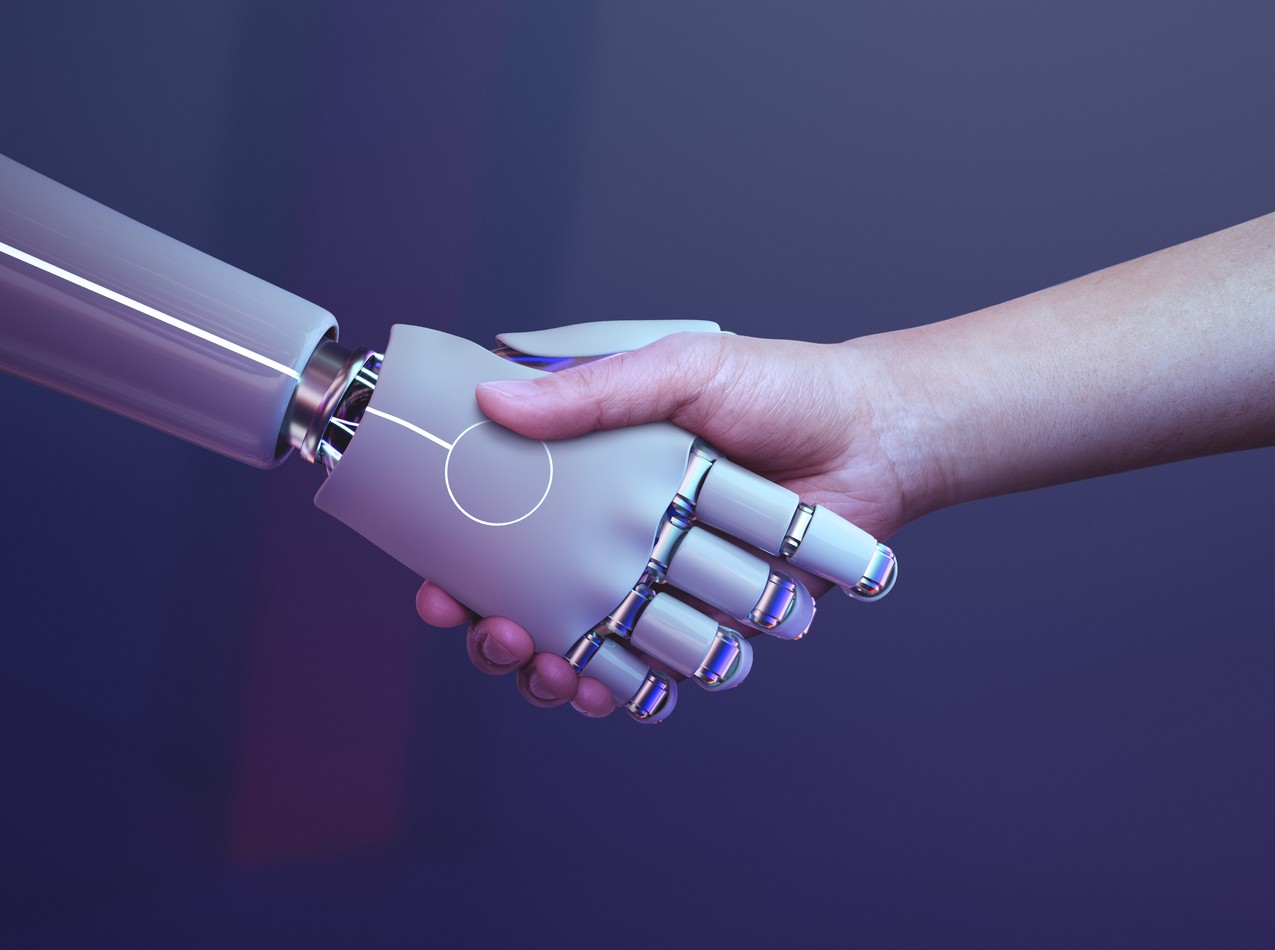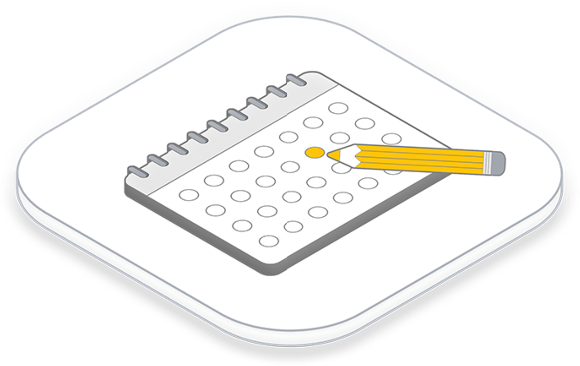Technology is currently crossing new boundaries in ever shorter cycles. This presents our society with a complex dilemma. According to the Edelman Trust Barometer 2024, a comprehensive study based on online interviews with a broad global participant base, we are at a crucial point where our trust in innovation and its players is at stake. The results of the study shed light on the central role of trust in the introduction of new technologies and how this trust is currently being put to the test. This also and especially applies to Artificial Intelligence (AI).
A global paradox: innovation between prosperity and mistrust
Innovation is generally regarded as a driver of economic growth and prosperity. However, the Trust Barometer reveals a paradoxical picture: instead of being perceived as a pure source of progress, innovations are increasingly seen as a driver of loss of trust, social instability and political polarization. This is particularly true for the research field of Artificial Intelligence. This paradox also arises in a critical year in which half of the global population is voting in elections, which underlines the importance of trust in the innovation process. In Germany in particular, it is clear that the population places the greatest trust in companies when it comes to integrating innovations into society in a safe and meaningful way. Nevertheless, overall trust in the ability of institutions to deal with innovations is alarmingly low. This mistrust is particularly pronounced among people with lower incomes, which illustrates the social divide in the perception of technological developments.
According to the Edelman Trust Barometer, German respondents are of the opinion by a ratio of 3.5 to one that innovations are poorly managed. Above all, this means inadequate government regulation, a lack of trust in traditional leaders and mistrust of the independence of science from politics and money. In order to accept innovations, respondents want to ensure that they have been evaluated by scientists and ethicists, are effectively regulated and that they have control over their impact on their own lives. This is also reflected in the view of AI: here, 35 percent reject the innovation, while 30 percent support it. The technology is therefore at a crossroads and is clearly finding it difficult to spark enthusiasm.
Over-hype of AI by tech giants leads to disillusionment in society
A closer look at the relationship between trust and AI reveals that 39% of respondents to the “AI Study 2024: Use & trust in society“* report consider advice from AI or chatbots to be useful in principle. However, only 27 percent trust the corresponding answers. Although 71% of respondents rated the results as “good” or “very good”, this assessment decreases as people get older. In terms of different industries, the AI responses from employees in the banking and insurance (85%), telecommunications and IT (84%) and automotive and transportation (84%) sectors were the most positive. In general, AI and corresponding tools are perceived as useful aids in everyday working life, especially in content creation. However, there is still an unpleasant aftertaste that the large technology companies in particular have “oversold” AI in the past two years. The hype is therefore flattening out again and a clear sense of disillusionment is setting in. But how can trust in innovation in general and in AI in particular be increased in the long term?
* „KI-Studie 2024: Nutzung & Vertrauen in der Gesellschaft“
Four pillars for a stable foundation of trust
The Edelman study identifies four key areas that need to be addressed in order to strengthen trust in innovations and promote their acceptance:
-
Balance between development and implementation
The study emphasizes that not only the development, but also the way in which innovations are introduced and managed is crucial to their success. Inadequately managed innovations meet with resistance instead of acceptance. -
Companies as partners in change
The role of companies goes beyond mere job creation. They are called upon to develop ethical guidelines in close cooperation with the government and to integrate innovations into society in a responsible manner. -
Integrating science into society
Scientists enjoy a high level of trust, but are also under close scrutiny. Clear communication of research results and open dialog are essential to strengthen trust in science. -
Control over the personal future
A central element for the acceptance of innovations is the feeling of control. People must have the confidence that they can influence how technological developments affect their lives.
Conclusion
The Edelman Trust Barometer 2024 provides important insights into the complex relationship between society, innovation and trust. It shows that acceptance of and trust in innovation cannot be taken for granted, but must be actively promoted and maintained. For a future in which technological progress and social prosperity go hand in hand, it is crucial to tackle these challenges and find solutions together.
Read our blog post on AI predictions for 2024 and see where we think the technology is heading.
About the author



Comments